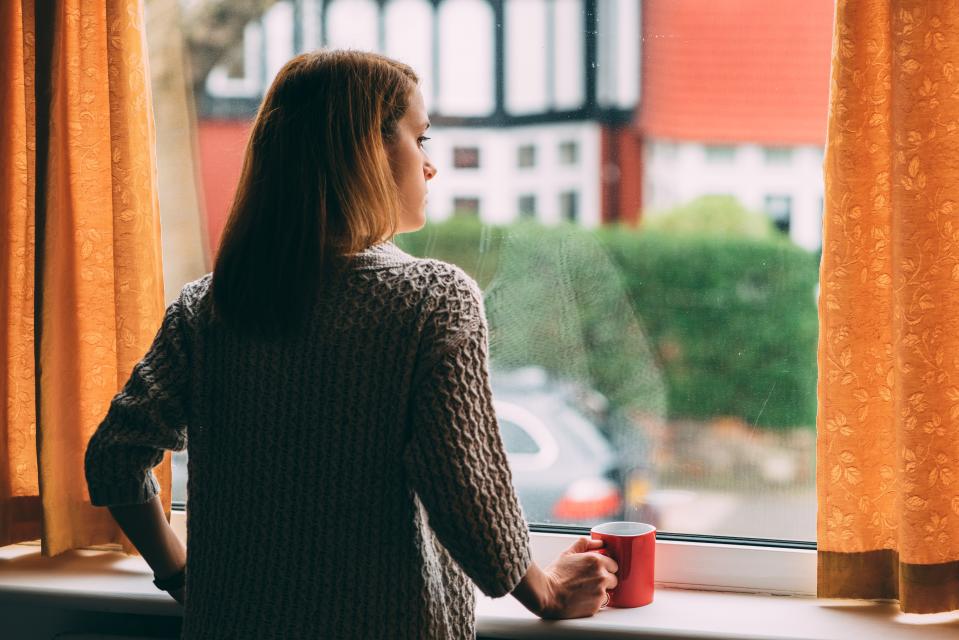How has the pandemic affected Vermonters' health? A new study offers insight
If you've been struggling with your mental and physical health during the pandemic, you're not alone.
Nearly half of all respondents to a newly-published University of Vermont survey reported having anxiety or depression since COVID-19 first broke out. Over 40% of respondents reported weight gain and nearly a third reported food insecurity.
“The pandemic has added so much stress and uncertainty to people’s lives, these findings show the mental and physical toll it’s having,” said study co-author Meredith Niles.

The survey was conducted from March through June of 2021, with 562 adults in Maine and 426 in Vermont.
Survey respondents who identified as LGBTQ were 4 times more likely to experience anxiety or depression during the pandemic than respondents who did not identify as LGBTQ.
These disparities are persistent with data from prior years. Over half of LGBT Vermonters reported having depressive disorder in a 2016 state Department of Health study, compared to 21% of non-LGBT respondents.
Of the survey respondents who consume alcohol or drugs, 10% reported an increase in consumption during the pandemic. These numbers are similar to data from the Centers for Disease Control, which has reported a 13% nation-wide increase in substance use during the pandemic.
Drug deaths have been on the rise in Vermont over the past several years, increasing by over 50% from 2017 to 2019.
Food Insecurity
Food insecurity, lack of consistent access to adequate food, nearly tripled in Vermont between 2018 and 2020 — hitting record levels in the state, a 2020 University of Vermont study found.
“The dual health and economic crisis caused by COVID-19 has exacerbated long-standing inequities and disproportionately impacted low-income families,” said Emily Belarmino of the University of Vermont's Nutrition and Food Sciences department.
Nationally, food insecurity increased 34% in the first year of the pandemic, according to research by the National Food Access and COVID Research Team.
Contact April Fisher at amfisher@freepressmedia.com. Follow on Twitter: @AMFisherMedia
This article originally appeared on Burlington Free Press: Vermont health declines during pandemic, UVM study finds

